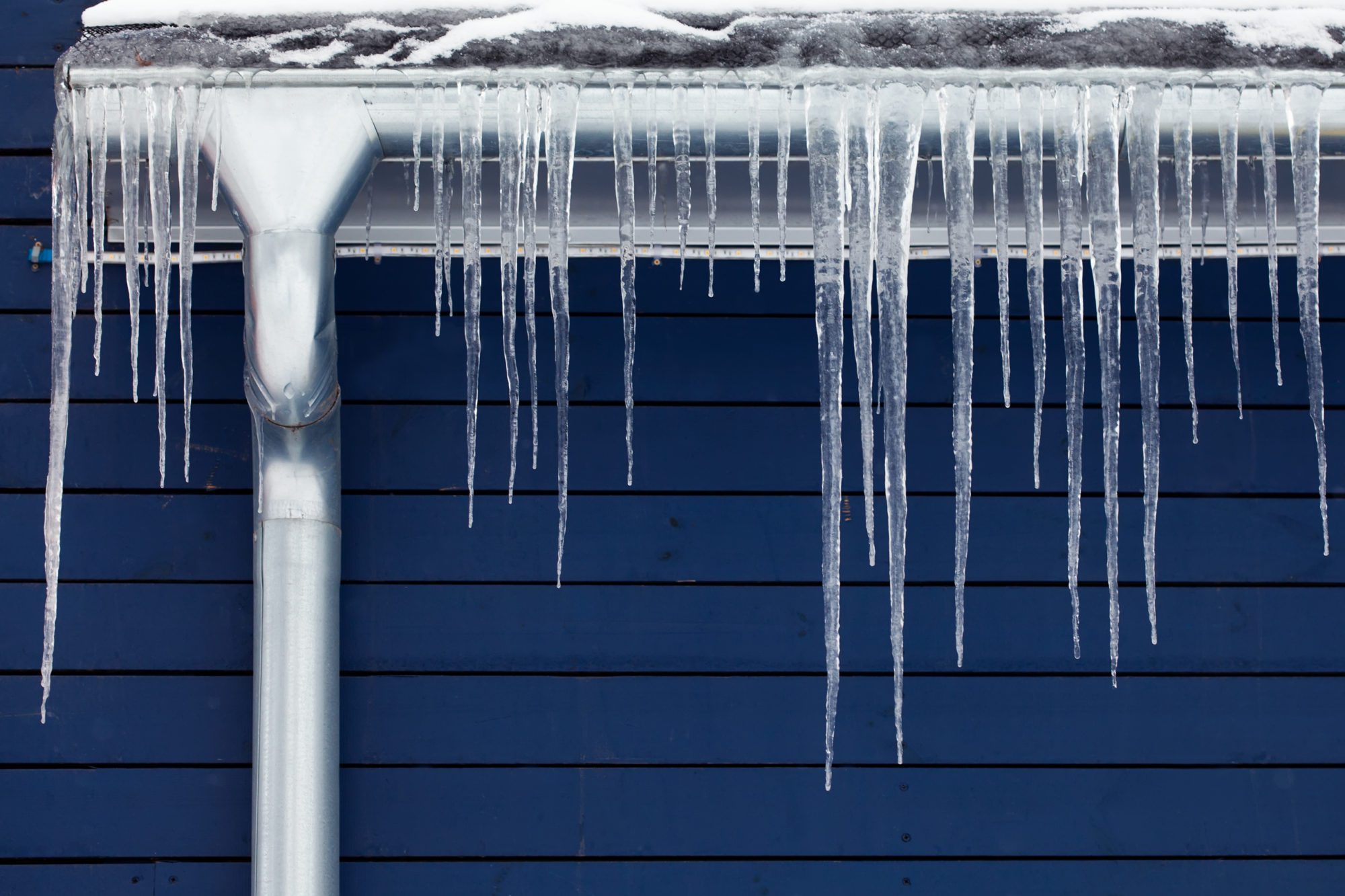Critical Methods for Avoiding Frozen Plumbing in Cold Weather
Critical Methods for Avoiding Frozen Plumbing in Cold Weather
Blog Article
The publisher is making several good points on How to Prevent Your Pipes From Freezing in general in this post further down.

Cold weather can damage your pipes, specifically by freezing pipelines. Right here's exactly how to avoid it from occurring and what to do if it does.
Introduction
As temperatures drop, the threat of icy pipes increases, possibly causing pricey fixings and water damage. Recognizing exactly how to stop frozen pipelines is essential for home owners in cold climates.
Recognizing Frozen Pipes
What triggers pipelines to ice up?
Pipes ice up when revealed to temperatures below 32 ° F (0 ° C) for prolonged durations. As water inside the pipes freezes, it expands, putting pressure on the pipeline wall surfaces and possibly creating them to burst.
Dangers and problems
Frozen pipelines can lead to supply of water disruptions, building damage, and costly fixings. Ruptured pipes can flood homes and cause considerable structural damage.
Signs of Frozen Piping
Determining frozen pipes early can stop them from breaking.
Just how to recognize icy pipelines
Try to find reduced water flow from taps, uncommon odors or noises from pipelines, and noticeable frost on subjected pipes.
Avoidance Tips
Protecting vulnerable pipelines
Wrap pipes in insulation sleeves or make use of warm tape to protect them from freezing temperature levels. Focus on pipelines in unheated or exterior areas of the home.
Heating strategies
Keep interior spaces sufficiently heated up, especially locations with plumbing. Open up cabinet doors to enable warm air to circulate around pipelines under sinks.
Protecting Outside Plumbing
Garden tubes and outdoor taps
Detach and drain pipes yard pipes before wintertime. Set up frost-proof faucets or cover outdoor taps with shielded caps.
What to Do If Your Pipelines Freeze
Immediate actions to take
If you believe icy pipes, maintain taps available to relieve pressure as the ice melts. Utilize a hairdryer or towels taken in warm water to thaw pipelines gradually.
Long-Term Solutions
Structural adjustments
Consider rerouting pipelines far from exterior walls or unheated locations. Include extra insulation to attic rooms, cellars, and crawl spaces.
Upgrading insulation
Invest in high-quality insulation for pipelines, attics, and wall surfaces. Appropriate insulation helps keep consistent temperature levels and minimizes the danger of icy pipes.
Verdict
Stopping icy pipes calls for proactive procedures and quick feedbacks. By understanding the reasons, indicators, and preventive measures, house owners can shield their plumbing during winter.
Helpful Tips to Prevent Frozen Pipes this Winter
UNDERSTANDING THE BASICS: WHY PIPES FREEZE AND WHY IT’S A PROBLEM
Water freezing inside pipes is common during the winter months, but understanding why pipes freeze, and the potential problems it can cause is crucial in preventing such incidents. This section will delve into the basics of why pipes freeze and the associated problems that may arise.
THE SCIENCE BEHIND FROZEN PIPES
When water reaches freezing temperatures, it undergoes a physical transformation and solidifies into ice. This expansion of water as it freezes is the primary reason pipes can burst. As the water inside the pipe freezes, it expands, creating immense pressure on the walls. If the pressure becomes too great, the pipe can crack or rupture, leading to leaks and water damage.
FACTORS THAT CONTRIBUTE TO PIPE FREEZING
Low Temperatures: Extremely cold weather, especially below freezing, increases the risk of pipes freezing. Uninsulated or Poorly Insulated Pipes: Pipes located in unheated areas, such as basements, crawl spaces, or attics, are more prone to freezing. Insufficient insulation or lack of insulation altogether exacerbates the problem. Exterior Wall Exposure: Pipes running along exterior walls are susceptible to freezing as they encounter colder temperatures outside. Lack of Heating or Temperature Regulation: Inadequate heating or inconsistent temperature control in your home can contribute to frozen pipes. PROBLEMS CAUSED BY FROZEN PIPES
- Pipe Bursting: As mentioned earlier, the expansion of water as it freezes can cause pipes to burst, resulting in significant water damage.
- Water Damage: When pipes burst, it can lead to flooding and water damage to your property, including walls, ceilings, flooring, and personal belongings.
- Structural Damage: Prolonged exposure to water from burst pipes can compromise the structural integrity of your home, leading to costly repairs.
- Mold and Mildew Growth: Excess moisture from water damage can create a favorable environment for mold and mildew growth, posing health risks to occupants.
- Disrupted Water Supply: Frozen pipes can also result in a complete or partial loss of water supply until the issue is resolved.
WHY CERTAIN PIPES ARE MORE PRONE TO FREEZING
- Location: Pipes located in unheated or poorly insulated areas, such as basements, crawl spaces, attics, or exterior walls, are at higher risk of freezing.
- Exterior Pipes: Outdoor pipes, such as those used for irrigation or exposed plumbing, are particularly vulnerable to freezing as they are directly exposed to the elements.
- Supply Lines: Pipes that carry water from the main water supply into your home, including the main water line, are critical to protect as freezing in these lines can affect your entire plumbing system.
- Underground Pipes: Pipes buried underground, such as those connected to sprinkler systems or outdoor faucets, can be susceptible to freezing if not properly insulated.
https://busybusy.com/blog/helpful-tips-to-prevent-frozen-pipes-this-winter/

I stumbled upon that article on How to Prevent Your Pipes From Freezing while browsing the search engines. I beg you take the opportunity to distribute this write-up if you appreciated it. I truly appreciate your readership.
View Website Report this page